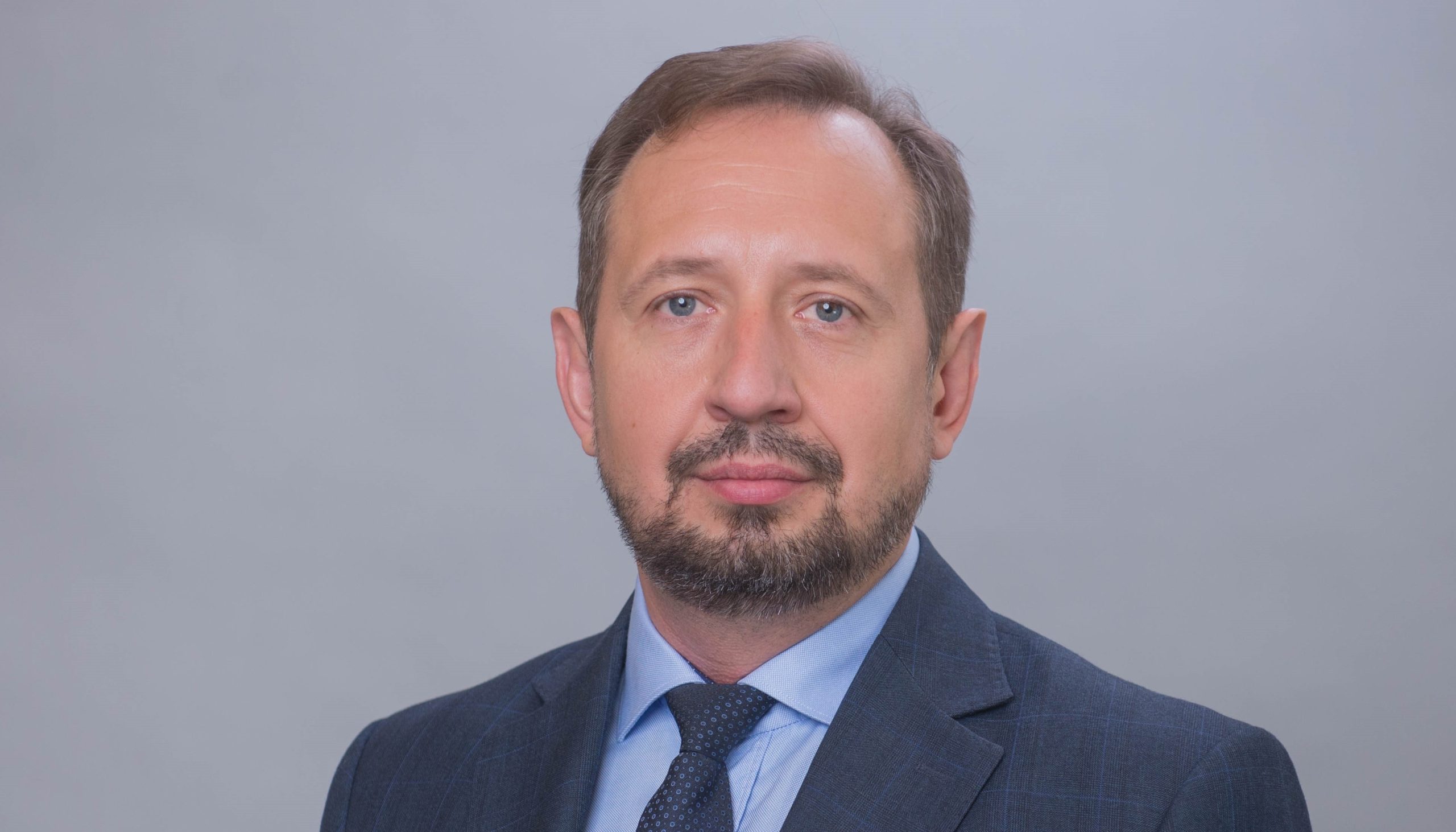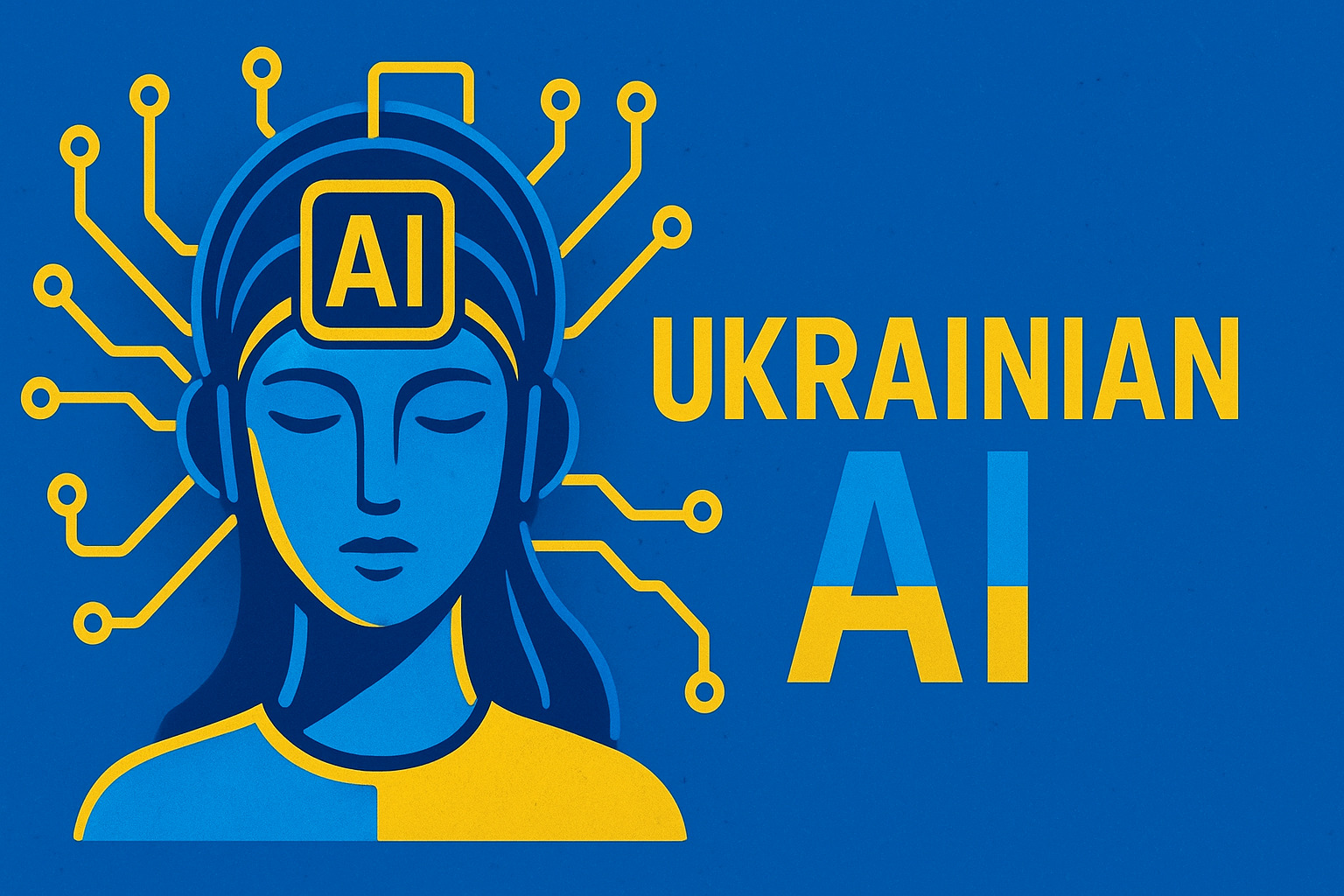Legal Regulation of the Circulation of Medicinal Products: A Comprehensive View on the Legal Relationships of Manufacturer, Physician, Pharmacist and Patient
/ 15 October 2025 15:47

61 min to read
Dmytro Taranchuk, Attorney, Head of Legal Affairs at JSC “FARMAK”
If we talk about the legal chain “manufacturer – physician – pharmacist – patient” — which key legislative acts, in your opinion, are currently shaping the rules of the game in the relations between these subjects, and where is the weakest link in the system in terms of legal protection?
First and foremost, the Constitution of Ukraine guarantees every person the right to life, as well as to health care, medical assistance and medical insurance. Also applicable are the laws: “Fundamentals of the Legislation of Ukraine on Health Protection”, “On Medicinal Products”, “On Licensing of Types of Economic Activity”, “On Protection of Consumer Rights”, “On State Financial Guarantees of Medical Services to the Population”. Femida
If one may say so, the “weakest” link is the consumer of medical services (the patient), who does not always know their rights guaranteed by law, and often lacks the knowledge how to protect those rights.
The manufacturer lays the foundation of the quality and safety of a medicinal product. Where does the legal boundary of their liability lie? Does it end when the product is handed over to the distributor, and what role does the pharmacovigilance system play as a tool of legal responsibility?
The quality and safety of medicinal products are under immense focus from every developer/manufacturer and from the regulatory body of every country which grants market access and controls drug circulation. The presence of a system of state control, a quality assurance system throughout development, manufacture and distribution of the medicinal product is a guarantee of bringing to the market safe, effective and quality medicines.
The manufacturer bears full responsibility for the quality and safety of the produced medicinal product, is responsible for its storage, transportation to the distributor or pharmacy. Next, responsibility passes to the distributor, the pharmacy, the postal operator — and so on until the final sale and delivery to the consumer.
The pharmacovigilance system is a state mechanism for monitoring the safety and effectiveness of medicines, active not only during registration but throughout the time they remain on the market. Its main role is to protect the health of patients and the population by continuous monitoring of medicinal products’ safety and efficacy. For the consumer (patient), this is the right to be heard. Each patient (or their representative) has the right to report a side-effect or lack of effect of a medicine. This makes the consumer an active participant in the safety system, not a passive object.
Where should a patient turn to protect their rights?
In Ukraine, the system of pharmacovigilance is the responsibility of the State Expert Center of the Ministry of Health of Ukraine (SEC MOH).
If you have experienced a side effect or believe that a medicine did not work, you may report it:
-
to your physician – this is the best option, since the physician can provide medical assistance and is required to fill out a report form for SEC MOH;
-
directly to the SEC MOH – patients can fill out an electronic report form on the Pharmacovigilance Automated Information System (AISF) website;
-
to the manufacturer of the medicinal product – each manufacturer has its own pharmacovigilance system and is obliged to accept and process such reports.
Prescribing treatment, a physician acts at the border of medical science and law. What is their liability in the event that the prescribed product caused harm to a patient, especially if the physician acted strictly within the approved instructions? How does the law regulate ‘off-label’ use (use outside the instructions) of medicines?
 If a physician adhered to all relevant clinical protocols and prescribed dosage and treatment course in accordance with the approved instructions for medical use of the medicinal product, but harm still occurred (for example, due to a rare side effect not listed in the instructions, or individual intolerance), legal liability of the physician is excluded. Because, acting within the instruction and treatment protocols, the physician is fulfilling their professional duty.
If a physician adhered to all relevant clinical protocols and prescribed dosage and treatment course in accordance with the approved instructions for medical use of the medicinal product, but harm still occurred (for example, due to a rare side effect not listed in the instructions, or individual intolerance), legal liability of the physician is excluded. Because, acting within the instruction and treatment protocols, the physician is fulfilling their professional duty.
Criminal liability for a physician may occur in case of illegal medical activity, failure or improper performance of professional duties by a medical worker due to negligent or unscrupulous attitude, illegal disclosure of medical confidentiality if it caused serious consequences for the patient.
Off-label use refers to using a medicinal product for indications, dosages or patient age groups not specified in its approved instructions for medical use. Such practice is common in oncology, pediatrics, and orphan medicine (treatment of rare diseases).
Legal regulation here is significantly more complex, and the risks for the physician rise substantially, because the law currently provides for the possibility to prescribe registered medicinal products for indications not listed in the instructions for medical use only in case of proven effectiveness exclusively for treating COVID-19 and/or if such medicinal products are recommended by countries with strict regulation.
However, as of 1 January 2027 the “Fundamentals of the Legislation of Ukraine on Health Protection” will for the first time at a legislative level introduce use of a registered medicinal product off-label.
It will be permitted to prescribe a medicinal product for indications, age groups, dosages, methods of administration not stipulated in the instructions for medical use or in the summary of product characteristics (off-label use), provided the patient gives informed consent to the medical intervention, and simultaneously the following conditions are met:
-
the patient has a confirmed life-threatening disease and/or a disease leading to long and significant deterioration in quality of life;
-
in Ukraine no registered or accessible medicinal product exists with the necessary indications for the patient’s treatment;
-
a physician’s council has confirmed absence of medicinal products that can be expected to be effective for the patient and applied according to the approved instructions for medical use;
-
such council has confirmed inefficacy of other medicinal products that have the necessary indications for use;
-
the expected benefit of the off-label medicinal product use outweighs the risks of non-use, as evidenced by information from the healthcare domain (including new clinical protocols).
The pharmacist’s role is often reduced to that of a seller. But what is their true legal function? Are they liable if they dispense a prescription medicine without a prescription, or fail to provide adequate pharmaceutical care, failing to warn about important aspects of medication intake?
 Indeed, reducing the role of the pharmacist to a simple seller is a deep mistake, which ignores their true function and professional responsibility. As a lawyer I can assert that a pharmaceutical worker is a person who holds pharmaceutical professional qualification, engages in professional activity of providing pharmaceutical assistance and performs other activities related to such activity, pursuant to law.
Indeed, reducing the role of the pharmacist to a simple seller is a deep mistake, which ignores their true function and professional responsibility. As a lawyer I can assert that a pharmaceutical worker is a person who holds pharmaceutical professional qualification, engages in professional activity of providing pharmaceutical assistance and performs other activities related to such activity, pursuant to law.
Let us examine more closely the liability of the pharmaceutical worker across two key aspects.
First, pharmaceutical workers according to the Law are obliged: to be honest and impartial in all professional interactions, including direct or indirect association with promotional activities of business entities involved in production and/or distribution of medicinal products, medical devices, auxiliary rehabilitation aids, or their representatives; not to use their powers or position and associated opportunities for personal interests, interests of related persons or receive personal benefit or benefit for related persons; to dispense medications, medical devices, auxiliary rehabilitation aids without influence of private interests; to recognise their responsibility to the patient when providing pharmaceutical assistance.
Also, pharmaceutical workers are not permitted, at the request of the consumer during dispensing a medicinal product, to withhold information or provide false information regarding the availability of medicinal products with the same active substance (by international non-proprietary name), form of dispensing and dosage, particularly to hide existence of such medicinal products at a lower price.
Second, there is regulated liability for dispensing a prescription drug without a prescription, which is a gross violation of the Licensing Conditions for retail trade of medicinal products. For violation of norms pertaining to pharmaceutical workers and rules of trade in medicinal products, personal administrative liability is provided, and for a pharmacy (legal entity) repeated offences may be grounds for licence revocation of retail trade in medicinal products.
The patient is a consumer of a special kind of product. Which of their key rights – to information, to a quality medicine, to compensation for harm – are today most vulnerable? And which practical mechanisms of their protection exist in Ukraine?
The most vulnerable rights of patients in Ukraine are the right to compensation for harm caused by improper performance of professional duties by a medical or pharmaceutical worker, and the right to full, objective information about treatment and its consequences and about medicinal products.
To protect their rights, a patient should adopt an active position. Directly and persistently ask your physician: “What are the alternatives?”, “What side-effects may occur?”, “What should I do if I experience them?”. A patient has the right to exhaustive answers.
It is also worth exercising the right to pharmaceutical care – demand from the pharmaceutical worker explanations how to take medications correctly. This is their direct professional duty.
What key changes in legislation or law-application practice, in your opinion, are most urgent for harmonising relations in the chain “manufacturer – pharmacist – physician” and for genuinely strengthening patient rights protection in Ukraine?
First, the entry into force of the new Law of Ukraine “On Medicinal Products”, whose norms are adapted to EU legislation. Second, the development and adoption of a Law on Pharmaceutical Activity – to regulate the rules of providing pharmaceutical care, transforming the role of pharmacy establishments from points of sale of medicines to full-fledged providers of pharmaceutical assistance.









